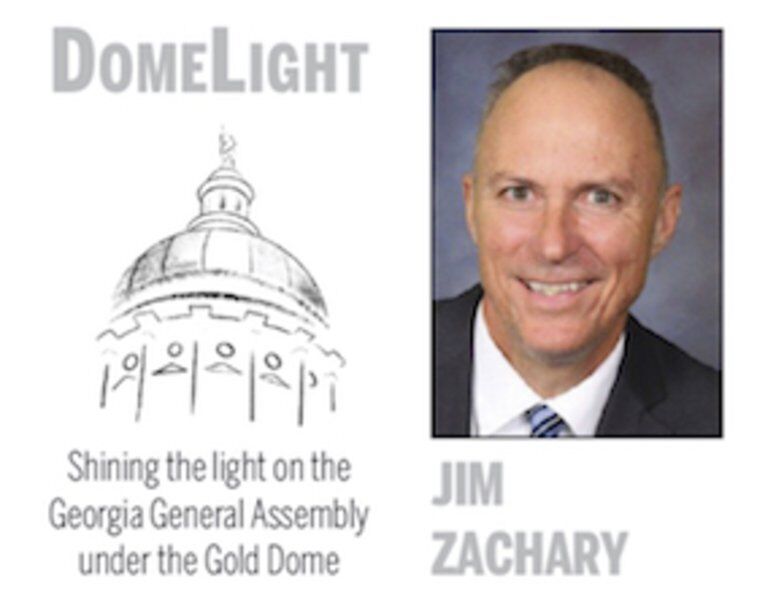ZACHARY: Keeping an eye on General Assembly
Published 8:44 pm Sunday, January 24, 2021

- CNHI Deputy National Editor Jim Zachary
All the business the Georgia General Assembly does is our business.
All money spent by state government is our money.
From the courthouse to the statehouse to the White House, government belongs to the governed and not the governing.
We have the right to know what the governing are up to, always.
We are self-governed.
The only way the public, and the press, can hold government accountable is by having unfettered access to its deliberations and the documents it holds.
Transparency is not liberal or conservative, Republican or Democrat.
The media champions open government in its traditional role as the Fourth Estate, knowing that independent checks and balances are crucial to our liberty.
When the people we elect to office broker deals behind closed doors and conceal documents containing important information the public wants and needs to know our freedoms are compromised.
When government is allowed to operate behind closed doors, it grows out of control, is not responsive to the public and subject to corruption.
Elected officials must remember they answer to the people, not to professional government bureaucrats, not to government lawyers and not to their elevated campaign advisers.
As the General Assembly considers important pieces of legislation, including ratifying the state budget and making changes to how we vote in elections across the state, lawmakers should be open, transparent and forthcoming.
It may be true the public has lost a lot of confidence in the media but imagine a government run amok without media watchdogs holding it in check.
Even Thomas Jefferson, who battled with the press, at times excoriating newspapers in his letters, understood that a free press with unfettered access was essential to the health of democracy.
Jefferson would grow irritated with newspapers, even writing, “Nothing can now be believed which is seen in a newspaper,” but he is also the man who famously wrote in a letter to Edward Carrington in 1787, “And were it left to me to decide whether we should have a government without newspapers, or newspapers without a government, I should not hesitate a moment to prefer the latter. But I should mean that every man should receive those papers and be capable of reading them.”
Jim Zachary is CNHI’s Director of Newsroom Training and Development, editor of the Valdosta Daily Times and president emeritus of the Georgia First Amendment Foundation.





